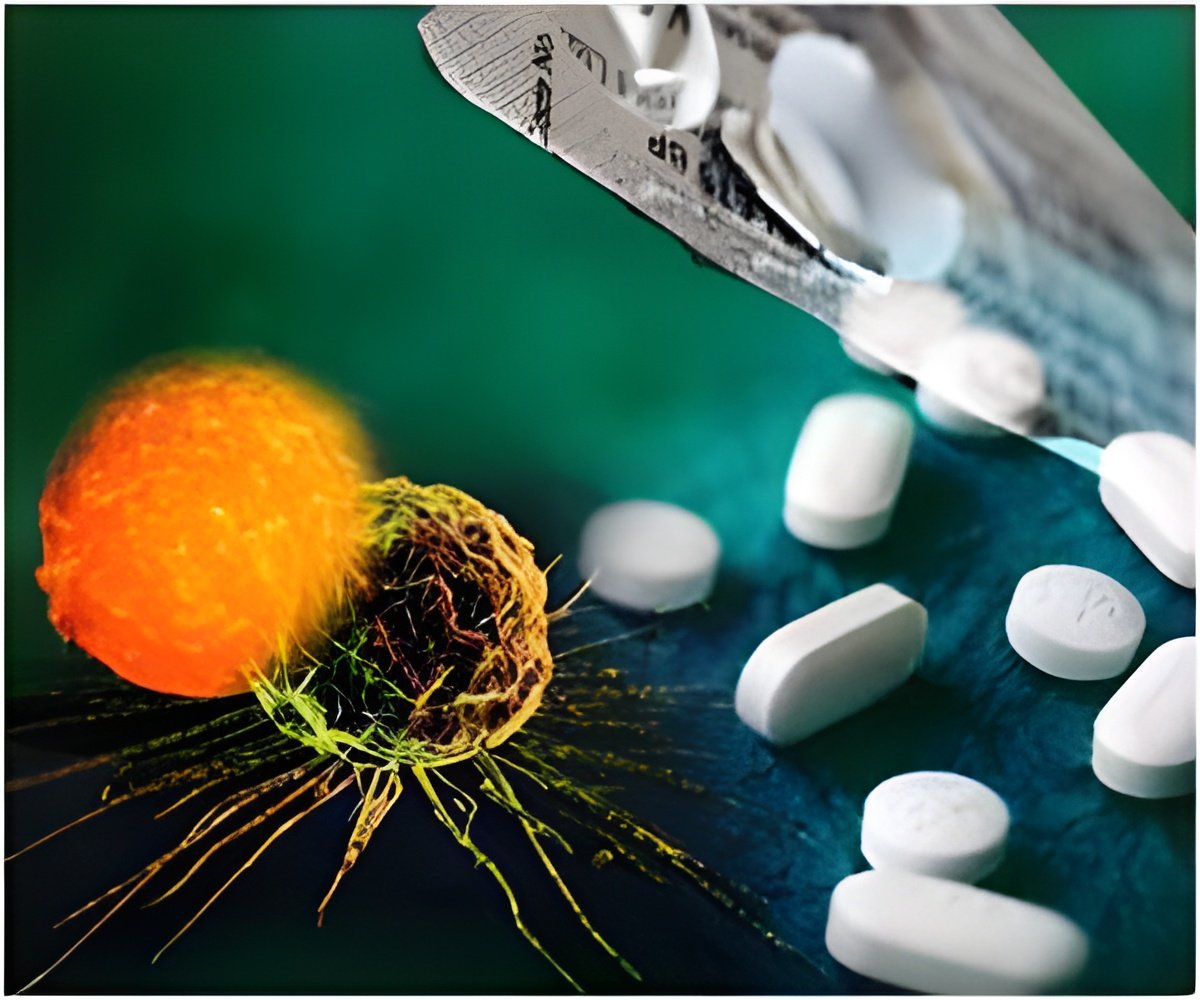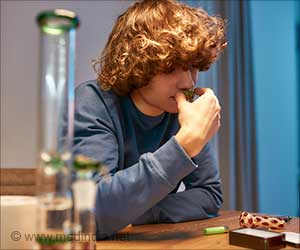A molecule that blocks the development and spread of breast cancer has been identified by an Indian origin scientist and his colleagues.

It is now hoped a drug could be developed to mimic the molecule, which was first discovered in bacteria. The research was carried out at Cancer Research UK's Cambridge Research Institute.
One of the main challenges is to stop the cancer before it spreads to other parts of the body, making it far harder to treat. But now, scientists have identified a molecule known as thiostrepton that stops a protein FOXM1, which is found in increased levels in breast cancer cells, from working.
It attaches to certain areas of DNA and turns on genes that regulate the growth and division of cells, producing tumours. It then causes those tumours to spread, even triggering the growth of blood vessels to supply them with nutrients.
Although designing drugs is a huge challenge, the discovery will allow researchers to create molecules that mimic thiostrepton but are even more effective at blocking the effects of FOXM1.
"This naturally-occurring molecule doesn't have all the right properties to be used as a treatment itself," the Daily Express quoted the lead author of the research, Professor Shankar Balasubramanian, as saying.
Advertisement
The research has been published in the journal Nature Chemistry.
Advertisement














